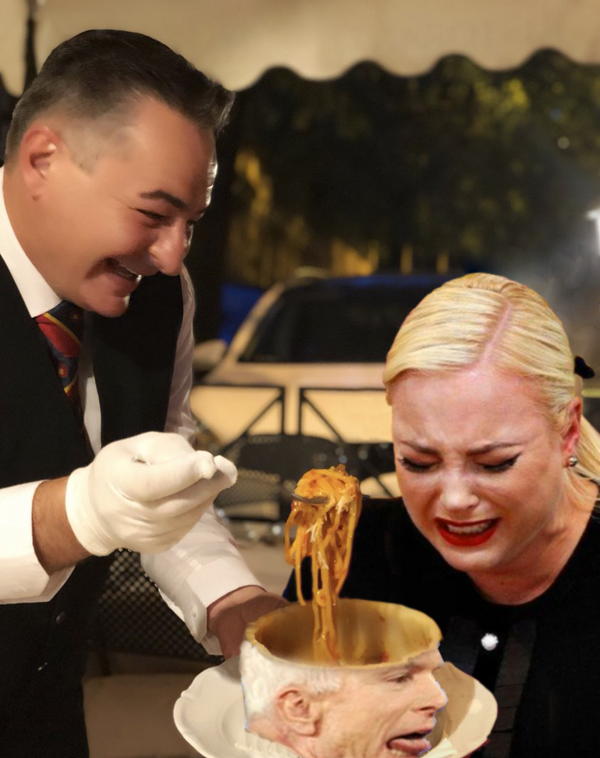pasta kitchen
(hexbear.net)
you are viewing a single comment's thread
view the rest of the comments
view the rest of the comments
this post was submitted on 11 Sep 2024
102 points (98.1% liked)
copypasta
14311 readers
8 users here now
A place for preserving our history. 😤
founded 4 years ago
MODERATORS

—@420stalin69